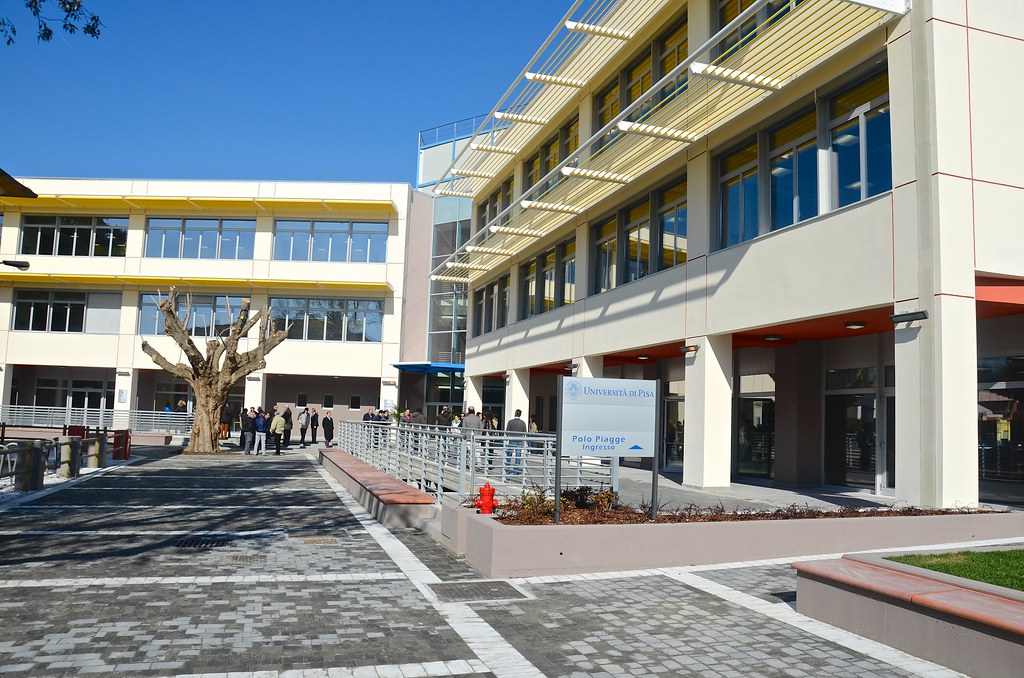XLIV Annual School 2025 – Unlocking the Mind and Emotions

Unlocking the Mind and Emotions: Cutting-Edge Bioengineering Techniques from Computational Physiology to Clinical Applications
The Bioengineering of Emotions is a frontier field that bridges biomedical engineering with neuroscience, psychology, physiology, artificial intelligence, and human-computer interaction. It aims to explore how emotions, deeply subjective and dynamic experiences, can be quantified, interpreted, and modulated using advanced technologies and computational approaches. The 2025 edition of the school offers an in-depth and immersive journey through the following core themes:
– Foundations in Neurophysiology and Theories of Emotions
This module lays the groundwork for understanding emotional phenomena from a neurobiological and theoretical perspective. It explores how emotions are generated and processed in the brain through neural circuits involving subcortical and cortical structures. Participants will examine key theories of emotion, from classic models to recent computational frameworks, and their implications for modeling emotional responses. Clinical insights into emotional disorders such as anxiety and depression will be provided, including a focus on empathy, social emotions, and the role of consciousness. The impact of practices like mindfulness on emotion regulation and self-awareness will also be discussed.
– Measurement Techniques and Methodologies
The second theme is dedicated to exploring how emotions can be objectively measured through physiological and behavioral signals. Participants will learn about data-driven approaches to recognize affective states using heart rate variability, electrodermal activity, respiratory patterns, and facial expressions. Cutting-edge methodologies for analyzing physiological time series through information theory and multivariate modeling will be introduced. Emphasis will be placed on the integration of brain and peripheral signals using multimodal approaches to improve emotion detection. Finally, the concept of hyperscanning, simultaneous recordings from multiple individuals, will be explored as a tool to investigate synchronization and interaction in emotional and social contexts.
– Emerging Technologies for Emotion Monitoring
This section highlights the latest advances in wearable and contactless technologies for emotion tracking. Participants will explore sensorized garments, smart accessories, and epidermal electronics capable of detecting subtle changes in physiology during emotional states. Sessions will also present contactless techniques such as infrared thermography, radar-based respiration sensing, and video-photoplethysmography (video-PPG), which allow emotional monitoring without physical contact, thus preserving ecological validity. The use of voice and speech analysis as a powerful tool for decoding emotions in natural communication will be illustrated, with attention to linguistic, prosodic, and acoustic features.
– Applications and Real-World Impact
The final theme focuses on the practical applications of emotional bioengineering across different domains. In affective computing, artificial intelligence is leveraged to infer emotional states and tailor human-computer interaction. In neuromarketing, emotion tracking is used to assess consumer engagement and decision-making. The school will also showcase how these technologies support individuals with disabilities through assistive technologies and social robotics, including live demonstrations of two humanoid platforms: Abel and iCub. Finally, participants will explore biofeedback systems and real-time emotional synchronization techniques as tools for mental health and personal development.
Throughout the school, participants will engage in hands-on sessions, interactive discussions, and keynote lectures by international experts, creating an interdisciplinary environment for learning and collaboration. Ethical implications, such as data privacy, emotional manipulation, and human autonomy, will be critically examined, encouraging responsible innovation in the field.
CHAIRS
Laura Astolfi (Sapienza –Uniroma1)
Luca Mainardi (POLIMI)
Enzo Pasquale Scilingo (UNIPI)
REGISTRATION
Registration will open on May 20, 2025
| GNB MEMBER** | EARLY | LATE (from August 1st) | ON SITE (from September 9th)* | |
|---|---|---|---|---|
| Standard/Post doc | 300,00 | 350,00 | 450,00 | |
| PhD student/ Graduate student | 150,00 | 200,00 | 250,00 | |
| One day | 150,00 | |||
| Standard/Post doc | Virtual | 150,00 | 180,00 | |
| PhD student/ Graduate student | Virtual | 90,00 | 100,00 | |
| One day | Virtual | 120,00 |
*Upon sits availability.
Early Bird rates are available until July 31, 2025. There is no refund of registration.
**To register to the school as a GNB member, you need to access the reserved area of the GNB website at the following link:
| NON MEMBER | EARLY | LATE (from August 1st) | ON SITE (from September 9th)* | |
|---|---|---|---|---|
| Standard/Post doc | 400,00 | 550,00 | 680,00 | |
| PhD student/ Graduate student | 200,00 | 290,00 | 435,00 | |
| One day | 235,00 | |||
| Standard/Post doc | Virtual | 250,00 | 330,00 | |
| PhD student/ Graduate student | Virtual | 120,00 | 180,00 | |
| One day | Virtual | 160,00 | 210,00 |
*Upon sits availability.
To become a GNB member, please visit: https://soci.grupponazionalebioingegneria.it/utenti/front/accedi Early Bird rates are available until July 31, 2025. There is no refund of registration.